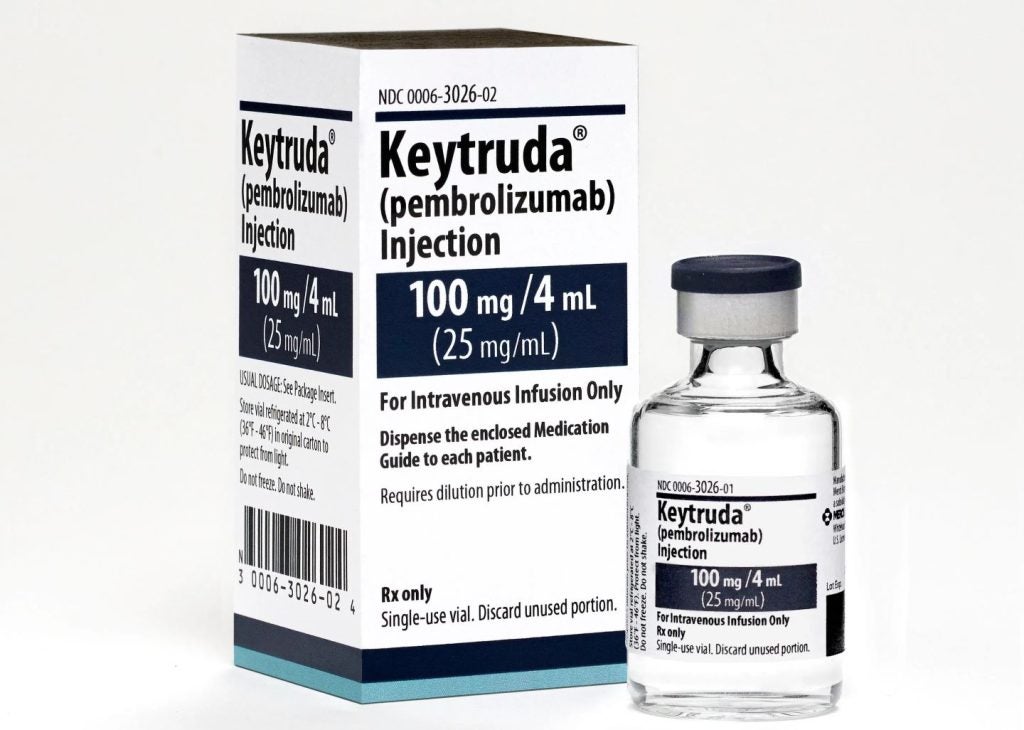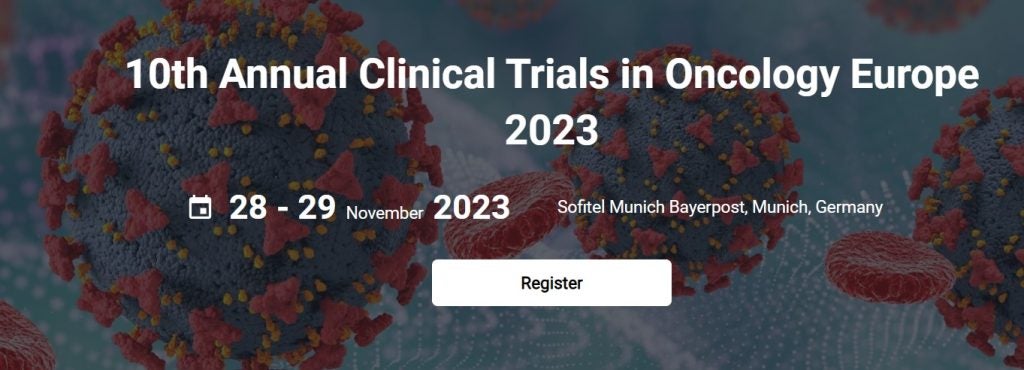The UK Government has announced funding of almost £267m ($326.4m) for regional authorities in England to develop treatments for drug and alcohol misuse and bolster recovery services.
The latest funding brings the total investment since April 2022 to £421m: £95.4m offered from 2022 to 2023, and £154.3m from 2023 to 2024.
To be rolled out in April 2024, the newly announced funds will enable local authorities to hire more expert staff to assist those with drug and alcohol issues.
The funds will also be used to enhance the delivery of structured drug and alcohol treatments for more people, which it is hoped will cut crime rates.
UK Health Minister Neil O’Brien stated: “Drug addiction drives about half of all crimes, so by investing in high quality and greater availability of treatment we can reduce crime rates and save lives.
“We aim to raise the number of people getting drug and alcohol treatment to a record high by investing through the long-term investment we’ve been making over the last three years.”
This strategy will support more prison leavers to access treatment and rehabilitation programmes.
In a parallel development, the Joint Committee on Vaccination and Immunisation (JCVI) has advised the UK Government on a targeted routine vaccination programme to prevent gonorrhoea using the 4CMenB vaccine, and for the prevention of mpox in those at increased risk of the disease.















